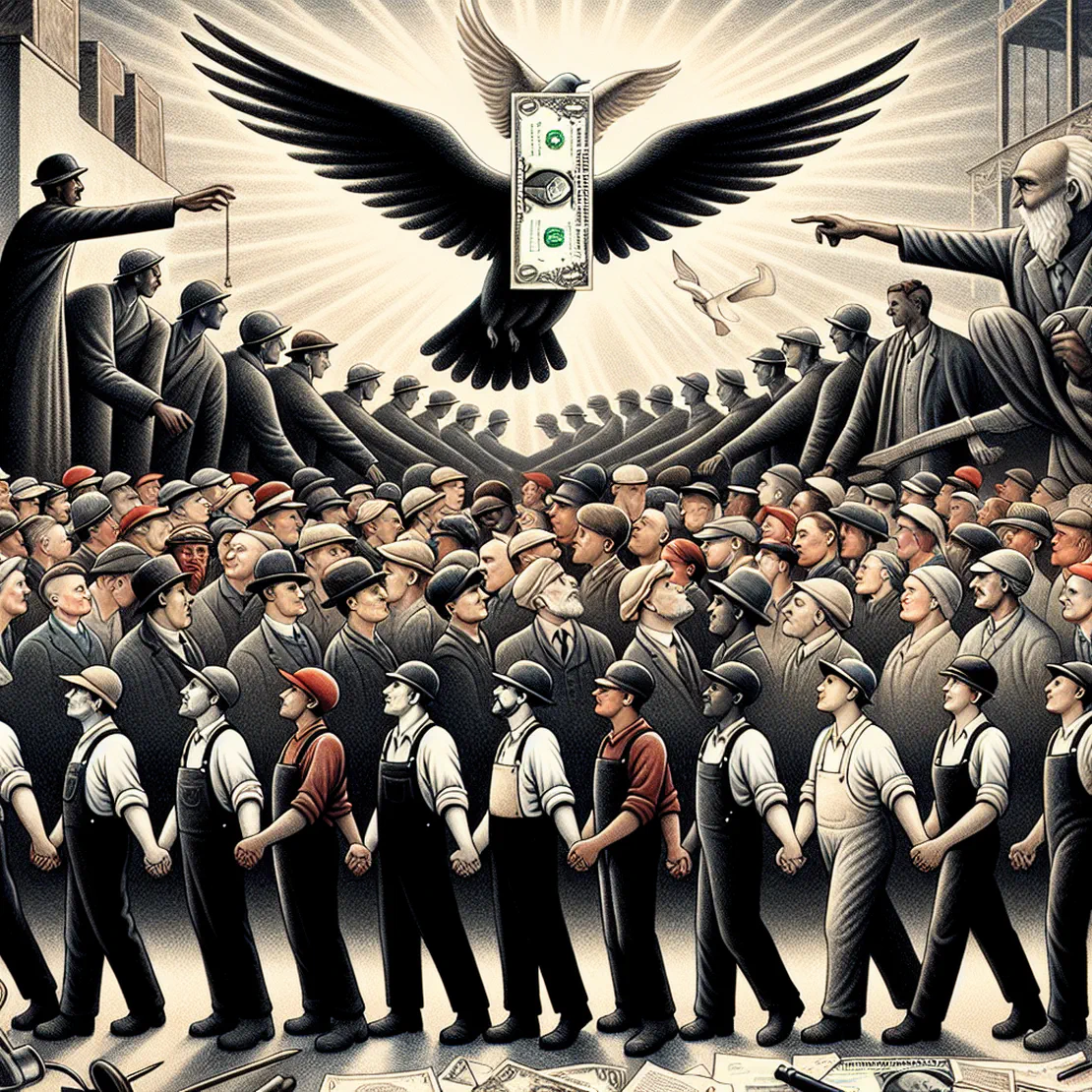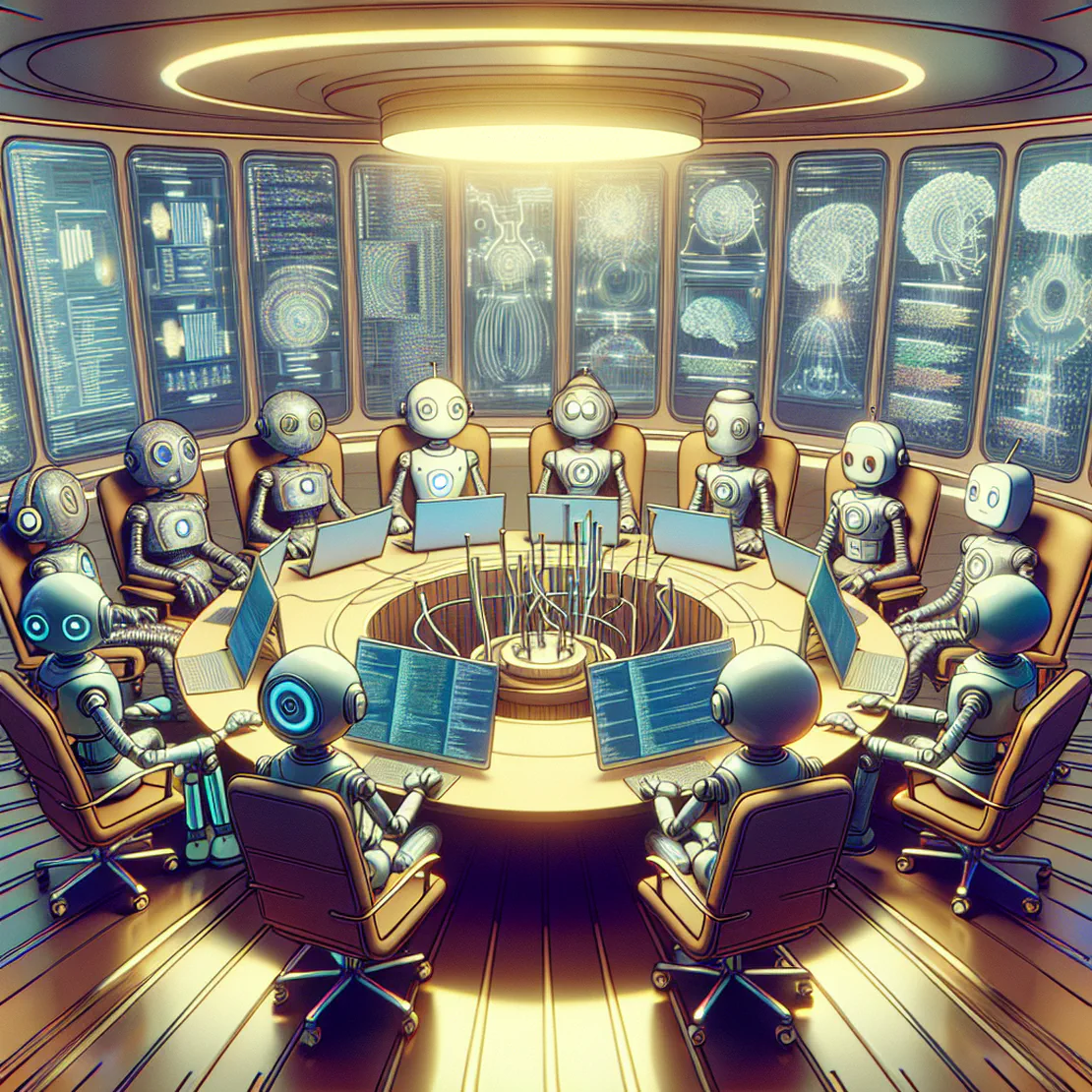
Summer School 7: The Great Depression, the New Deal and how it changed our economy
- Planet Money
- Money
- August 21, 2024
Table of Contents
At a Glance
-
Great Depression and New Deal - “Lesson seven, the Great Depression, the New Deal, and how it changed economics.” Important historical event that transformed the relationship between government and business.
-
Laissez-faire Capitalism - “It’s the idea that you want as little government involvement in the economy as possible.” Key economic philosophy discussed in the episode.
-
Labor Transformation - “The GM deal sets off this wave of strikes around the country. Industry after industry gets unionized.” Significance of the labor movement and unionization in America.
-
Impact of Unions - “Wages go up, conditions improve, and this reverberates throughout the economy.” Highlighting the positive effects of strong unions on wages and working conditions.
-
Future of Unions - “It does seem like unions may never again be as strong as in the 1950s.” Discussion on the decline of union membership and challenges faced by unions in the modern era.
What to Do
- Take away the punch bowl when things are getting too crazy at the park - This advice from Keynesian economics suggests that it is important to intervene in the economy to prevent excessive growth or instability. Just like at a party, it’s crucial to step in and prevent things from getting out of control before it’s too late.
What to Get
- Collected Works of John Maynard Keynes by John Maynard Keynes - Amazon - To learn about government intervention in economic cycles.
Summary
The podcast episode delves into the economic history of the United States, focusing on the Great Depression and the transformative impact it had on the relationship between government and business. The hosts discuss how the 1930s altered the nature of money itself, leading to significant changes in the economy. They highlight the underlying issues that contributed to the Great Depression, such as debt, wealth inequality, and oversaturation of the market, which all culminated in the economic crisis of 1929.
One of the key moments discussed in the episode is the labor transformation that took place during the Great Depression, particularly focusing on a major strike at General Motors in Flint, Michigan. The strike, led by the United Auto Workers, marked the beginning of a golden age for American unions, as workers gained the right to unionize and bargain with corporations. This period saw real wages increase, conditions improve, and the rise of the middle class, all attributed to the strength of unions during that time.
However, the episode also touches on the decline of union membership in the years following the 1950s, citing legislative changes and shifts in the economy as contributing factors. Despite the challenges faced by unions in modern times, the hosts emphasize the importance of learning from history and not making definitive predictions about the future. The episode concludes with a teaser for the upcoming graduation episode, where listeners will learn more about the economic history of the past 50 years and hear from iconic figures like Adam Smith, Karl Marx, and John Maynard Keynes.


